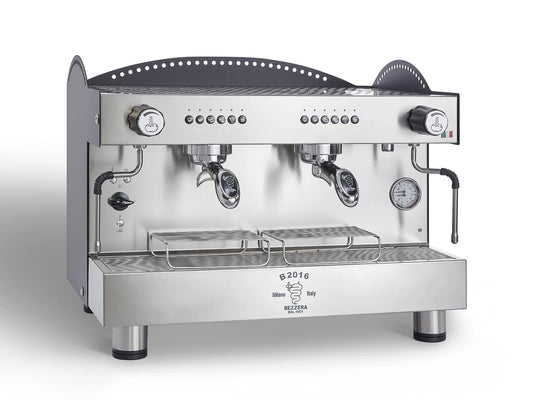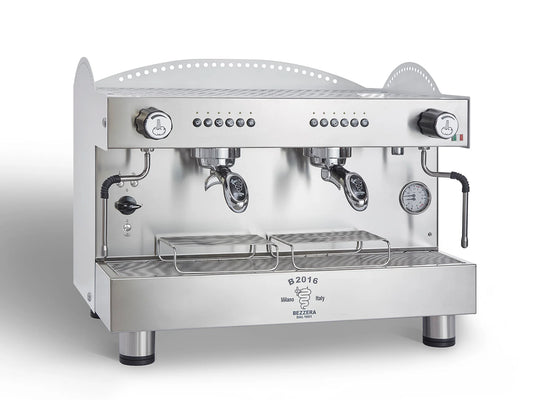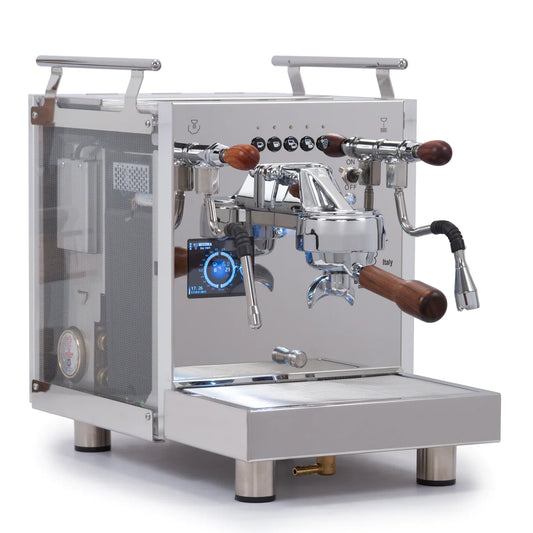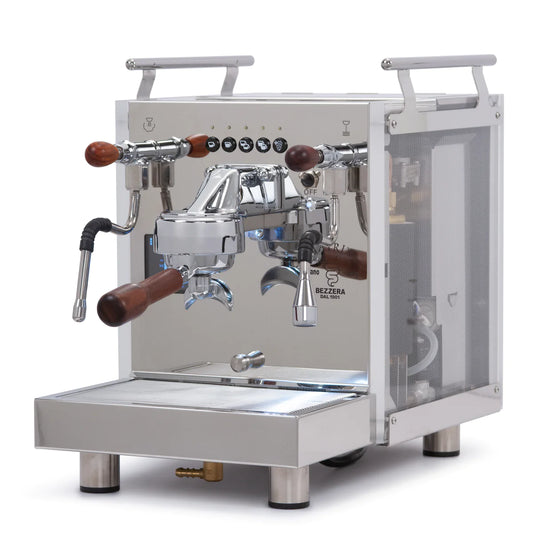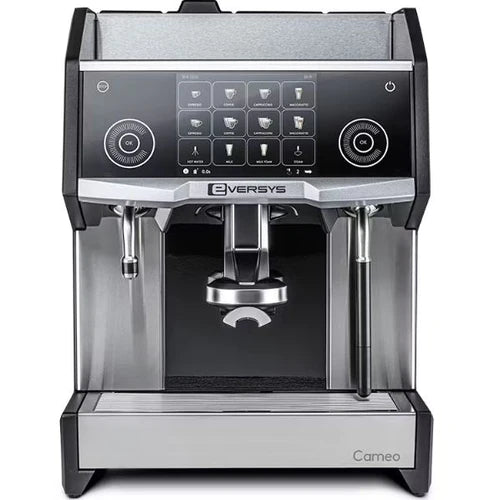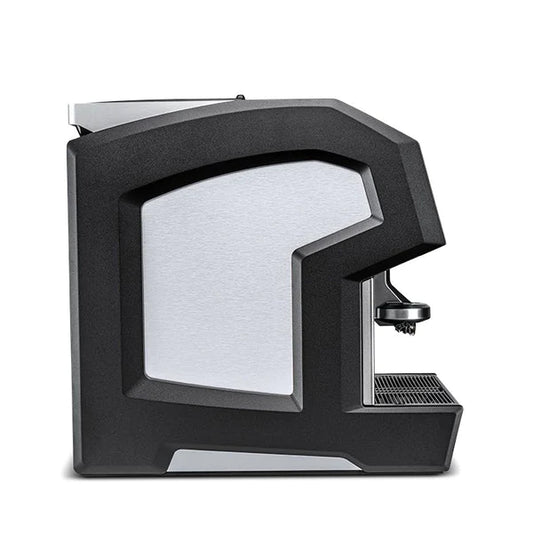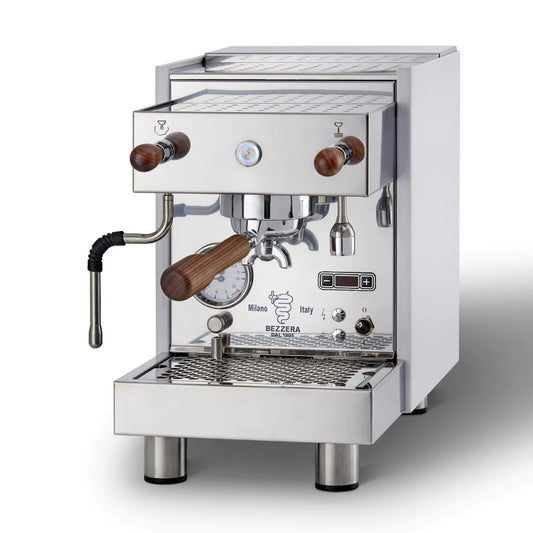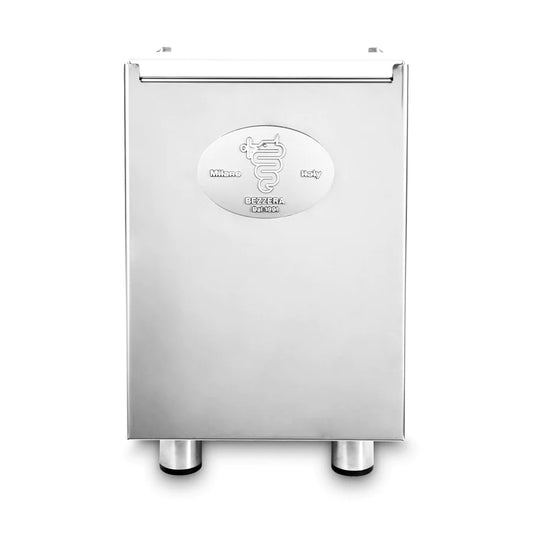Keurig Dr. Pepper Expands Its Beverage Empire with Acquisition of JDE Peet’s
Table of Contents
- Key Highlights:
- Introduction
- Who Are Keurig Dr. Pepper and JDE Peet’s?
- About the Transaction
- Why the Merger?
- The Evolving Beverage Landscape
- Potential Impact on Consumers and Investors
Key Highlights:
- Keurig Dr. Pepper is set to acquire JDE Peet's, leading to the formation of two independent companies focused on coffee and other beverages.
- The transaction positions the new coffee entity to dominate the market, leveraging its expansive brand portfolio.
- Recent consumer trends indicate a strong preference for coffee and soft drinks among Americans, especially Gen Z.
Introduction
In a significant move poised to reshape the beverage industry, Keurig Dr. Pepper (KDP) recently announced its acquisition of the European coffee giant JDE Peet's. This acquisition will not only bolster KDP's already formidable presence in the coffee sector but will also culminate in the establishment of two independent entities—one dedicated to coffee and the other to a broader beverage portfolio. As consumer preferences evolve and the competition intensifies, this strategic decision highlights KDP's ambition to solidify its status in the marketplace.
The global beverage sector is currently witnessing dynamic shifts, and KDP’s strategy emerges as a response to the rising demand for coffee and other refreshing drinks. This article delves into the implications of this merger, providing insights on both companies involved, the motivations for this acquisition, and the potential impacts on consumers and investors alike.
Who Are Keurig Dr. Pepper and JDE Peet’s?
Keurig Dr. Pepper
Keurig Dr. Pepper, a relatively new name in the beverage industry, was formed in 2018 through the merger of Keurig Green Mountain and Dr. Pepper Snapple Group. Headquartered in Burlington, Massachusetts, KDP boasts a diverse portfolio that includes iconic brands such as Keurig, Dr. Pepper, Canada Dry, Mott’s, and Snapple. The company's success is rooted in its innovative brewing technology and a robust distribution network catering to millions of consumers across North America.
With a focus on enhancing the coffee experience, KDP has capitalized on single-serve brewing systems. Its products have been well-received, making it an essential player in the industry, especially as at-home coffee consumption continues to trend upwards.
JDE Peet’s
On the other side of the Atlantic, JDE Peet’s operates as the world’s largest pure-play coffee and tea company, headquartered in Amsterdam, Netherlands. Established through the merger of two historic companies—Douwe Egberts and the German grocery leader, Melitta—JDE Peet's encompasses a vast array of brands, including Peet’s Coffee, L’OR, and Jacobs, among others.
This company's longstanding reputation and expertise in the coffee market have positioned it well, particularly as its products are available across multiple channels and price points. The influx of JDE Peet’s into KDP’s portfolio is expected to enhance the latter's competitive edge both in the U.S. and internationally.
About the Transaction
Details of the Acquisition
Keurig Dr. Pepper will acquire all shares of JDE Peet’s through an all-cash tender offer, which signifies a strategic approach to consolidate its place in the coffee market. Under this transaction, the newly formed Global Coffee Co. will serve as a separate entity with its headquarters in Burlington, Massachusetts, and an international branch in Amsterdam, a significant move that underlines the company's commitment to expanding its global footprint.
The Beverage Company, which will emerge from Keurig's remaining operational segments, will set up its headquarters in Frisco, Texas. This bifurcation allows for increased focus on distinct markets—coffee and general beverages alike—enabling each company to streamline its operations and strategies effectively.
Strategic Importance
The merger is not solely about expansion; it signifies a tactical maneuver to harness synergies from both companies’ operations. By pooling resources and expertise, the Global Coffee Co. will have the potential to leverage KDP's popular single-cup coffee system alongside JDE Peet's established brand loyalty.
This strategy aligns with the growing trends among consumers who lean towards premium coffee experiences while maintaining a preference for convenience. The new entity aims to dominate all segments of the coffee industry, particularly amid increasing competition and changing consumer behaviors.
Why the Merger?
Motivations Behind the Acquisition
Keurig Dr. Pepper has articulated its vision for the merger, asserting that the Global Coffee Co. is poised to achieve significant market share by encompassing brands that cater to varied consumer preferences and price points. With the acquisition of JDE Peet’s, KDP looks to solidify its market position and expand the coffee consumption culture prevalent across different demographics.
Consumer research commissioned by KDP reveals compelling insights that justify this merger. Notably, over half of American adults express a strong dependency on coffee first thing in the morning. In a landscape where caffeine isn't just a beverage choice but a lifestyle essential, the ability to control popular coffee channels is a strategic advantage KDP aims to seize.
Moreover, with data indicating a continuous rise in the popularity of ready-to-drink coffee options, KDP is strategically placed to enhance its offerings, promising innovation that aligns with consumer desires for variety and quality.
Winning the Soft Drink Market
Dr. Pepper, one of KDP’s flagship products, recently surged past Pepsi to secure its position as the second-best-selling soda in the U.S., trailing only Coca-Cola. This competitive trajectory illustrates not just the strength of KDP’s soft drink offerings but also the potential for cross-promoting coffee and soda products, catering to evolving consumer habits that lean towards multi-beverage consumption.
Furthermore, the company acknowledges a shift in consumer behaviors toward moderation, evidenced by a rising trend of “sober-curiosity,” particularly among Gen Z. The study found less than 40% of this demographic opting for alcoholic beverages as their preferred social drink, indicating a substantial opportunity for non-alcoholic refreshment options coming from KDP’s portfolio.
The Evolving Beverage Landscape
Consumer Preferences
The beverage industry is witnessing monumental changes as consumer preferences shift dramatically. KDP's findings reveal that a staggering 82% of Americans believe their favorite beverages play a crucial role in maintaining their mental well-being. This data underscores the significance of both coffee and soft drinks, revealing trends that will shape the company's strategies moving forward.
Coffee consumption has burgeoned, particularly in the wake of changing lifestyles where convenience and quality now reign supreme. The prevalence of cafés and coffee shops signifies not only a cultural trend but a significant shift towards premiumization in coffee products—creating an opportune environment for the new Global Coffee Co.
Branding Strategies
For KDP, the challenge lies not just in the acquisition itself but in effectively branding the new entity amidst a competitive marketplace. Strategic marketing that highlights the diverse range of brands under the Global Coffee Co. umbrella is essential to capture a wider audience.
JDE Peet's strong international presence offers KDP an established global framework that it can build upon. Integrating innovative marketing strategies that focus on health, wellness, and variety will also be imperative, especially as the millennial and Gen Z cohorts become more influential in shaping market trends.
Potential Impact on Consumers and Investors
As the beverage industry evolves, consumers stand to benefit significantly from enhanced offerings and competition. The formation of Global Coffee Co. signals a proactive approach to meet the demands of consumers who are increasingly quality-conscious and experimental with their drink choices.
The combination of KDP's successful brews and JDE Peet’s esteemed coffee brands promises a broader selection of products—everything from single-serve capsules containing premium blends to refreshing ready-to-drink coffee options. Additionally, expanded distribution channels may allow consumers greater access to coveted brands in diverse markets.
For investors, this merger could yield substantial dividends if the Global Coffee Co. successfully captures market share and demonstrates growth. As beverage consumption continues to thrive, the key challenge will be navigating potential risks associated with competition and maintaining product differentiation in a crowded landscape.
FAQ
What are the main reasons for the merger between Keurig Dr. Pepper and JDE Peet’s?
The merger is primarily motivated by the desire to consolidate market share in the coffee segment, leveraging the strengths of both companies’ brands. KDP aims to dominate the coffee market while remaining competitive in the broader beverage landscape.
How will this acquisition affect consumers?
Consumers can expect an enhanced range of coffee products and access to new brands, reflecting a growing emphasis on quality and convenience in the coffee experience. The move could foster competition, leading to potentially better prices and product offerings.
Where will the new companies be headquartered?
The Global Coffee Co. will have its global headquarters in Burlington, Massachusetts, while its international headquarters will be rooted in Amsterdam. The Beverage Co. will be located in Frisco, Texas.
What trends in consumer behavior support this merger?
Current trends highlight a marked increase in coffee consumption and a preference for premium drink options among consumers, particularly those in younger demographics. Furthermore, an inclination towards non-alcoholic beverages is gaining traction, positioning KDP’s offerings favorably in the market.
Will this merger lead to more K-Cup options in the future?
Yes, the merger is expected to enhance product innovation, leading to an expanded variety of K-Cup options as the Global Coffee Co. seeks to capture diverse consumer interests and preferences in the coffee market.
This strategic acquisition marks a pivotal moment for both companies involved and illustrates the dynamic nature of the beverage industry. As consumer tastes continue to evolve, the focus on quality, convenience, and variety will remain a driving force in shaping the future of KDP and the Global Coffee Co.

